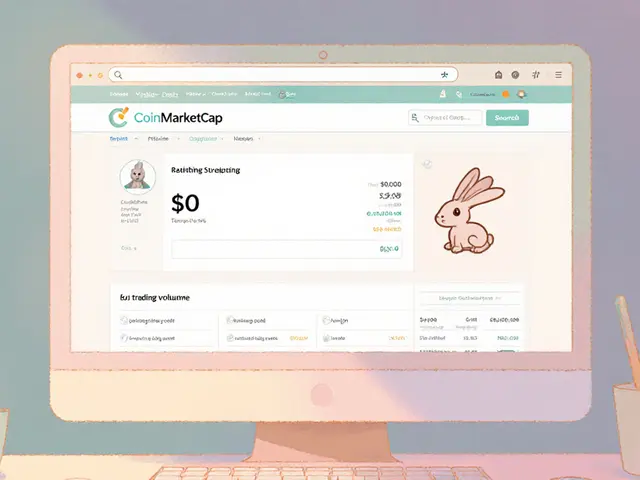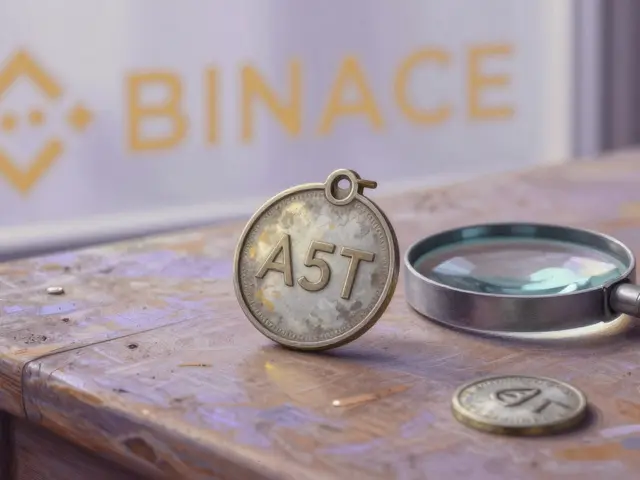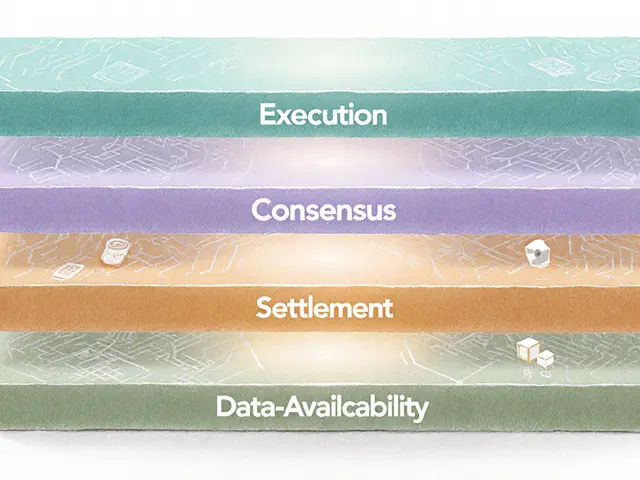Real Estate Token: A Practical Guide
When you hear the term real estate token, a digital representation of property ownership stored on a blockchain. Also known as tokenized real estate, it lets investors buy, sell, or trade a slice of a building without dealing with traditional paperwork.
Why does this matter? Real estate token encompasses the broader process of tokenization, converting a physical asset into blockchain-based units. Think of a 100‑unit apartment complex turned into 10,000 tokens—each token equals a 0.01% share. Tokenization brings speed, transparency, and global reach to a market that used to be local and slow.
Fractional Ownership Made Simple
One of the biggest perks is fractional ownership, the ability for many people to hold a tiny piece of a property. Instead of needing millions to buy a skyscraper, you can start with a few hundred dollars. This model boosts liquidity because tokens can be traded on secondary markets just like any crypto coin. It also opens doors for new investors who want exposure to real estate without a mortgage.
But a token isn’t magic on its own. It requires smart contracts, self‑executing code that enforces ownership rules, payments, and transfers. The contract automatically distributes rental income, handles voting rights, and triggers resale when conditions are met. This automation cuts down on admin costs and reduces the chance of human error.
All of this runs inside a regulatory framework, the set of laws that dictate how tokenized assets are treated. In many jurisdictions, real estate tokens are seen as securities, so they must follow Know‑Your‑Customer (KYC) and Anti‑Money‑Laundering (AML) rules. Recent crypto regulations in Nigeria, Singapore, and Australia—topics covered in our recent articles—show how governments are shaping the space. Staying compliant means your token can be listed on reputable exchanges and accessed by institutional players.
From a market perspective, tokenized property is gaining traction. Platforms are launching tokenized office spaces, vacation rentals, and even farmland. Investors are seeing faster settlement times and lower entry barriers compared to buying a deed. At the same time, tax considerations are evolving; some countries treat token sales like capital gains, while others have specific crypto‑tax rules. Our guides on crypto taxation and exchange reviews help you navigate these nuances.
Below you’ll find a curated collection of articles that dive deeper into each of these areas—regulatory updates, tax strategies, exchange safety, and real‑world use cases. Whether you’re just hearing about tokenized real estate or you already own a few tokens, this hub gives you the context you need to make informed decisions.

Learn how real estate token trading works, compare top marketplaces, and get practical steps for investing in fractional property on blockchain. Includes benefits, risks, and future outlook.
Jonathan Jennings Oct 19, 2025




